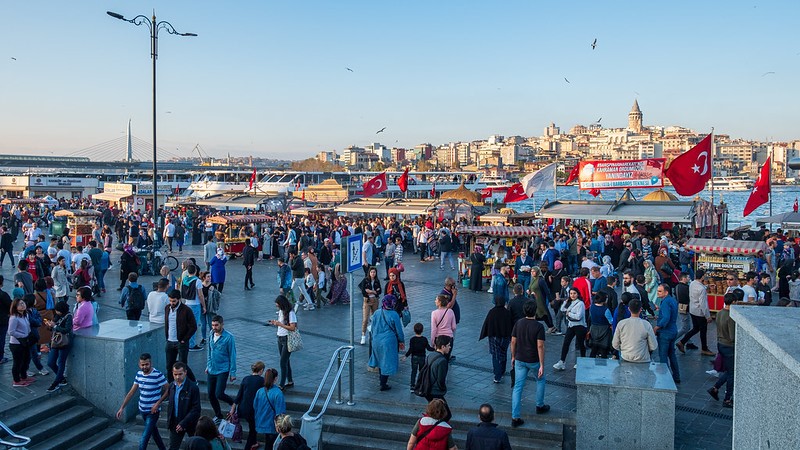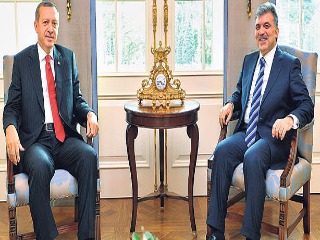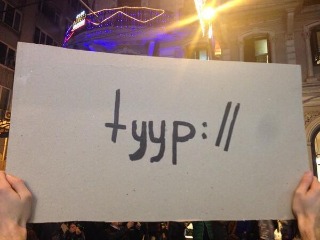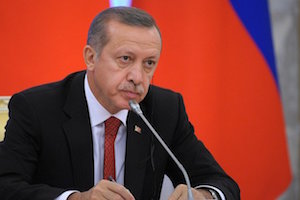Sedat Peker and the Return of Turkey’s Violent Far Right
By Ryan Gingeras
June 17, 2021
As the Turkish public grapples with the repercussions of a crippled economy and a grinding pandemic, Turkey’s twitter-sphere, as well as much of its press, remains transfixed on the revelations of Sedat Peker. The videos reinforce certain realities regarding the Turkish state’s relationship with organized crime and with the violent far right. The impact of this reputed gangster on Turkish politics speaks to the influence of the country’s far right, which fits neatly within the country’s broader historical development since the 1970s. Peker’s videos are a reminder of the obstacle to democratization that the far right networks in the state represent.

Turkish Political Corruption: The AKP, Too?
By M. K. Kaya (vol. 1, no. 14 of the Turkey Analyst)
Corruption allegations have a prominent place on the Turkish political agenda. In a sense, the history of Turkish democracy reads like a chronicle of corruption allegations directed at governments. With the evolution of Turkey’s economy and the rapid urbanization since 1980, corruption has affected all governing parties following that year’s military coup. The same has been true for the AKP, in spite of the party’s self-proclaimed image of purity and its anti-corruption rhetoric. A recent German court case exposes the mechanisms of Islamist political and media finance.
Calculating Cost: President Gül and Turkey's Political Crisis
By Gareth Jenkins (vol. 7, no. 3 of the Turkey Analyst)
In recent weeks, there have been numerous calls for President Abdullah Gül to intervene to calm the continuing domestic political turmoil caused by the power struggle between Prime Minister Tayyip Erdoğan and the Gülen Movement. But any intervention carries considerable risks as well as potential benefits.

A Hint of Desperation: Erdogan’s Crackdown on Free Speech
By Svante E. Cornell (vol. 7, no. 3 of the Turkey Analyst)
Since Turkish prosecutors launched a major corruption probe targeting the government in December, Prime Minister Recep Tayyip Erdoğan has focused his efforts to prevent the release and dissemination of further incriminating evidence concerning his government and family. This has included efforts to undermine the independence of the judiciary, to stifle freedom of expression, and the peddling of various conspiracy theories. The new, restrictive amendments to laws governing the internet are undoubtedly authoritarian and repressive, but they are simultaneously a sign of weakness.

Turkey's Regime Crisis: Are Erdogan's Days Numbered?
By Svante E. Cornell (vol. 07, no. 01 of the Turkey Analyst)
Turkey’s already tense political environment has taken a turn for the worse since a December 17, 2013 raid exposed what appears to be a culture of runaway corruption in the AKP government. Events since then have put the spotlight on the two main trends in Turkey’s politics in the past year: on the one hand, Prime Minister Recep Tayyip Erdoğan’s growing unaccountability and authoritarianism; and on the other, the implosion of the Islamic conservative power coalition, and specifically the struggle between Erdoğan and the Gülen movement. Going forward, the question is for how long Erdoğan, whose ambitions of a presidential system have most certainly been thwarted, will be able to remain in power at all



